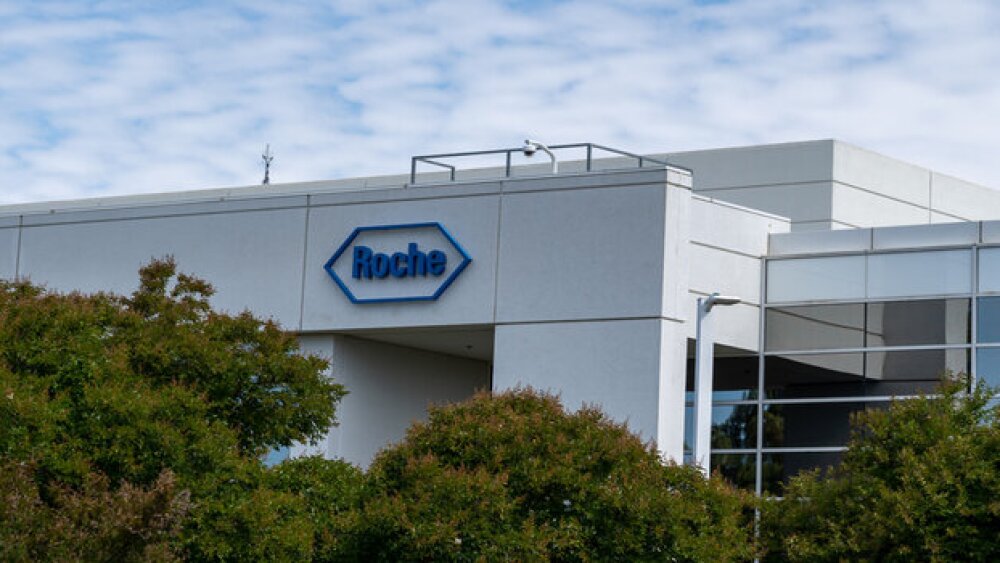ROCKVILLE, Md., Jan. 6, 2011 /PRNewswire/ -- MacroGenics, Inc., a privately held biotechnology company that develops immunotherapeutics to treat autoimmune disorders, cancer and infectious diseases, today announced that it had administered drug to the first cohort of patients in a Phase I clinical trial of MGAH22. MGAH22 is an Fc-optimized monoclonal antibody developed by MacroGenics which has been shown, in pre-clinical studies, to reduce tumor growth significantly in a broad panel of HER2-expressing tumors.
"We are excited to have begun clinical testing of MGAH22, a next generation antibody that may have wide application in cancer treatment," stated Dr. Scott Koenig, President and CEO of MacroGenics. "MGAH22 is the first Fc-engineered antibody therapeutic from our oncology pipeline to enter clinical development and represents a major milestone for MacroGenics. Our pre-clinical studies suggest that MGAH22 may provide significant differentiation from the other HER2-targeted immunotherapeutics, including the ability to treat tumors with relatively low levels of HER2 expression."
This open-label, multi-dose, single-arm, multi-center Phase I, dose-escalation study is being conducted to define the toxicity profile, maximum tolerated dose, pharmacokinetics, immunogenicity, and potential antitumor activity of MGAH22 in patients with refractory HER2-positive breast cancer and patients with other carcinomas that overexpress HER2 for whom no standard therapy is available. Additional information on the clinical trial can be found at: http://www.clinicaltrials.gov/ct2/show/NCT01148849.
Three internationally recognized investigators are participating in this trial, including: Dr. Howard A. Burris, III from the Sarah Cannon Research Institute, Dr. Giuseppe Giaccone from the National Cancer Institute and Dr. Yung-Jue Bang from Seoul National University Hospital.
Green Cross Corp., a leading Korean pharmaceutical company, is collaborating with MacroGenics to support the Phase I clinical trial activities in Korea. In June 2010, Green Cross entered into a collaboration agreement with MacroGenics for the exclusive development and commercialization of MGAH22 in Korea. MacroGenics received an undisclosed upfront payment and is eligible for future milestones and double-digit royalties on net sales, and will receive future clinical development support for additional studies conducted in Korea.
Background on MGAH22
MGAH22, an Fc-modified monoclonal antibody, targets the HER2 oncoprotein, which is overexpressed on the surface of various cancer cells and plays an important role in tumorigenesis, tumor aggressiveness, and outcome in breast and other cancers. HER2 has proven to be an excellent target for cancer therapeutics as shown by the clinical success of trastuzumab in both breast and gastric cancer.
The benefits of trastuzumab in metastatic breast and gastric cancer accrue exclusively to patients with the highest level of HER2 expression (HER2 3+ by immunohistochemistry) or those who have gene-amplified tumors. Thus, therapies are needed for patients whose tumors overexpress the HER2 oncoprotein at lower levels without gene amplification. Furthermore, the benefits of trastuzumab in metastatic breast cancer accrue primarily to patients who are homozygous for the high affinity allele of the Fc receptor, CD16A (FcRIIIA). These patients represent only approximately 15% of the population.
MacroGenics has engineered MGAH22 for increased binding to the low affinity allele of CD16A, thus offering potentially increased effectiveness in the approximately 85% of patients who carry lower affinity FcRs. In addition, this engineering work has been shown in pre-clinical studies to enhance killing of tumors expressing low levels of HER2.
About MacroGenics, Inc.
MacroGenics is a private, venture-backed biotechnology company that focuses on the discovery, development and delivery to patients of novel biologics for autoimmune disorders, cancer and infectious diseases. The company has built a fully-integrated set of capabilities in antibody-based product development which supports its innovative pipeline of clinical stage product candidates. MacroGenics' proprietary research is based on three core technology platforms, which include: (1) a method for generating cancer stem-like cells; (2) Dual-Affinity Re-Targeting (or DART) technology, which allows the company to incorporate multiple specificities within a single recombinant molecule; and (3) Fc optimization, which enhances antibody-dependent effector functions. The company has global product development collaborations with Boehringer Ingelheim, Pfizer Inc. and Eli Lilly and Company. For more information about MacroGenics, please visit www.macrogenics.com.
Statements made in this news release that are not historical facts are forward-looking statements within the meaning of the Private Securities Litigation Reform Act of 1995. Words such as "expects," "believes," "intends," and similar expressions are intended to identify forward-looking statements. Actual results may differ materially from those projected in any forward-looking statement. Specifically, there are a number of important factors that could cause actual results to differ materially from those anticipated, such as the Company's ability to raise additional capital, and risks related to the Company's ability to initiate, and enroll patients in, planned clinical trials. You should not place undue reliance on any forward-looking statements. The Company assumes no obligation to update any forward-looking statements as a result of new information, future events or developments, except as required by law.
SOURCE MacroGenics, Inc.




